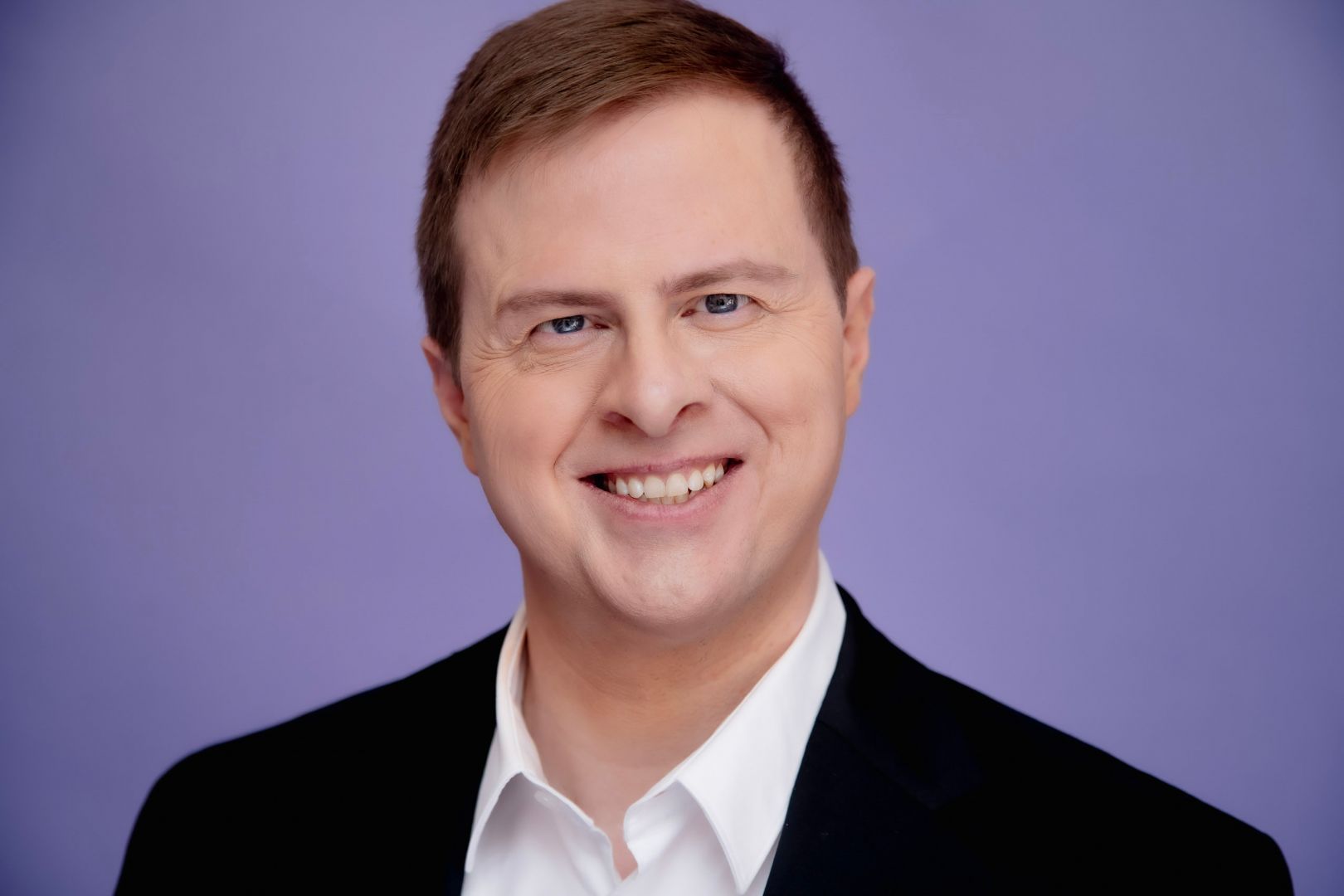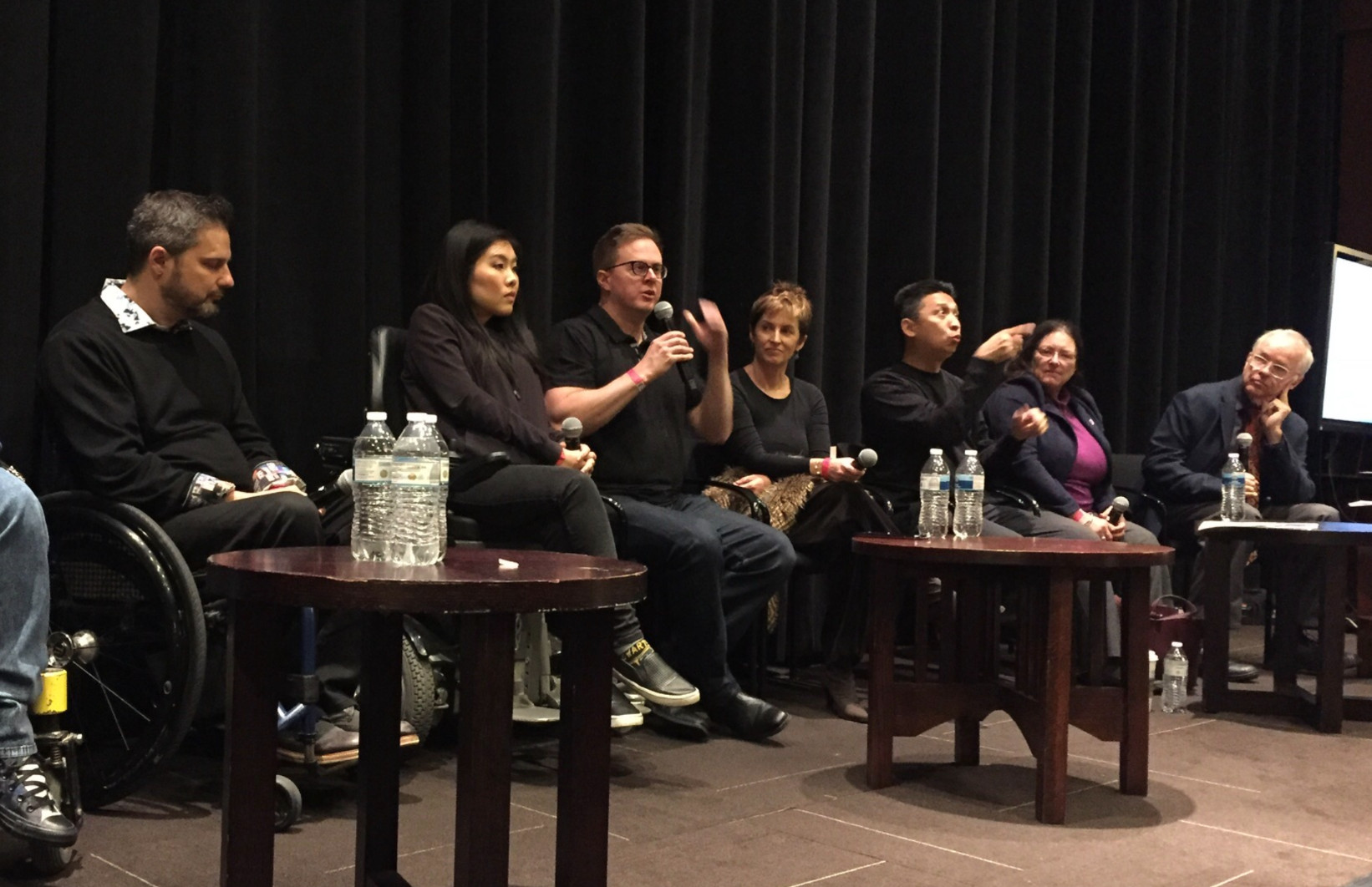Meet Stephen Letnes | Film Composer and founder of Able Artist Foundation


We had the good fortune of connecting with Stephen Letnes and we’ve shared our conversation below.
Hi Stephen, we’d love to hear about how you approach risk and risk-taking
I am visually impaired (Retinitis Pigmentosa) and have been from birth. There are parts of my life that are governed by safety; street-crossing, ridesharing, structured days, and so on. It’s dull. So, a long time ago, I decided to take risks wherever I could – sometimes to a reckless degree – to feel alive. As my risk-taking matured, it manifested into decisions I’ve made in my career; move cross-country to ‘shake things up’, double down on only creating music rather than making it a hobby while I use my BA in Social Studies Ed., or travel alone to navigate Los Angeles on my own. More than anything, I think my risk-taking *habit* has been a defiant response to security that I’ve somehow managed to wrangle into a career in film.

Alright, so let’s move onto what keeps you busy professionally?
Please tell us more about your art. I compose orchestral and hybrid film scores primarily for documentaries.
What sets you apart from others?
To my knowledge, I am one of only a handful of composers who speaks openly about their disability.
most proud of or excited about?
I am fortunate to be able to choose the projects I work on which are primarily documentaries that highlight social justice issues.
How did you get to where you are today professionally?
A willingness to forego things like family, wealth, steady paychecks, popularity, and stability. I’m only kidding…kinda.
Was it easy? If not, how did you overcome the challenges?
Refer to my previous answer, please.
What are the lessons you’ve learned along the way?
Everything takes longer and costs more than you think.
No journey of success is the same. Look at other composers’ successes as merely anecdotes to learn from.
In general, don’t start work until contracts are signed and your first payment has cleared at your bank.
Learn to diplomatically navigate the murky waters of scoring the picture in front of you and the whims and wishes of the producer/director who hired you; they aren’t always in line with the other.
What do you want the world to know about you or your brand and story?
For creatives with disabilities, the road to a fulfilling career has more twists and turns than non-disabled creatives. But remember, how we adapt, overcome, and think outside the box will set you apart from others and will manifest in your work. Thus, you harness a unique sound which every producer/director wants for their film.
The Shoutout series is all about recognizing that our success and where we are in life is at least somewhat thanks to the efforts, support, mentorship, love and encouragement of others. So is there someone that you want to dedicate your shoutout to?
Eryn Brown, Kaitlyn Yang, and my fellow co-founders at 1IN4 Coalition. When I was invited to work with them (and Jim Lebrecht, Sara Fischer, Natasha Ofili, Elaine Hall, and others) I felt that my career and work to empower other disabled creatives through Able Artist Foundation was an affirmation of my efforts. It can be lonely out there, but I feel that I have finally found my ‘community of believers’.
Website: stephenletnes.com
Instagram: @stephenletnes
Twitter: @StephenLetnes
Other: ableartist.org 1in4coalition.org
Image Credits
Jolanta Kissoon Young (the pic of just me)
